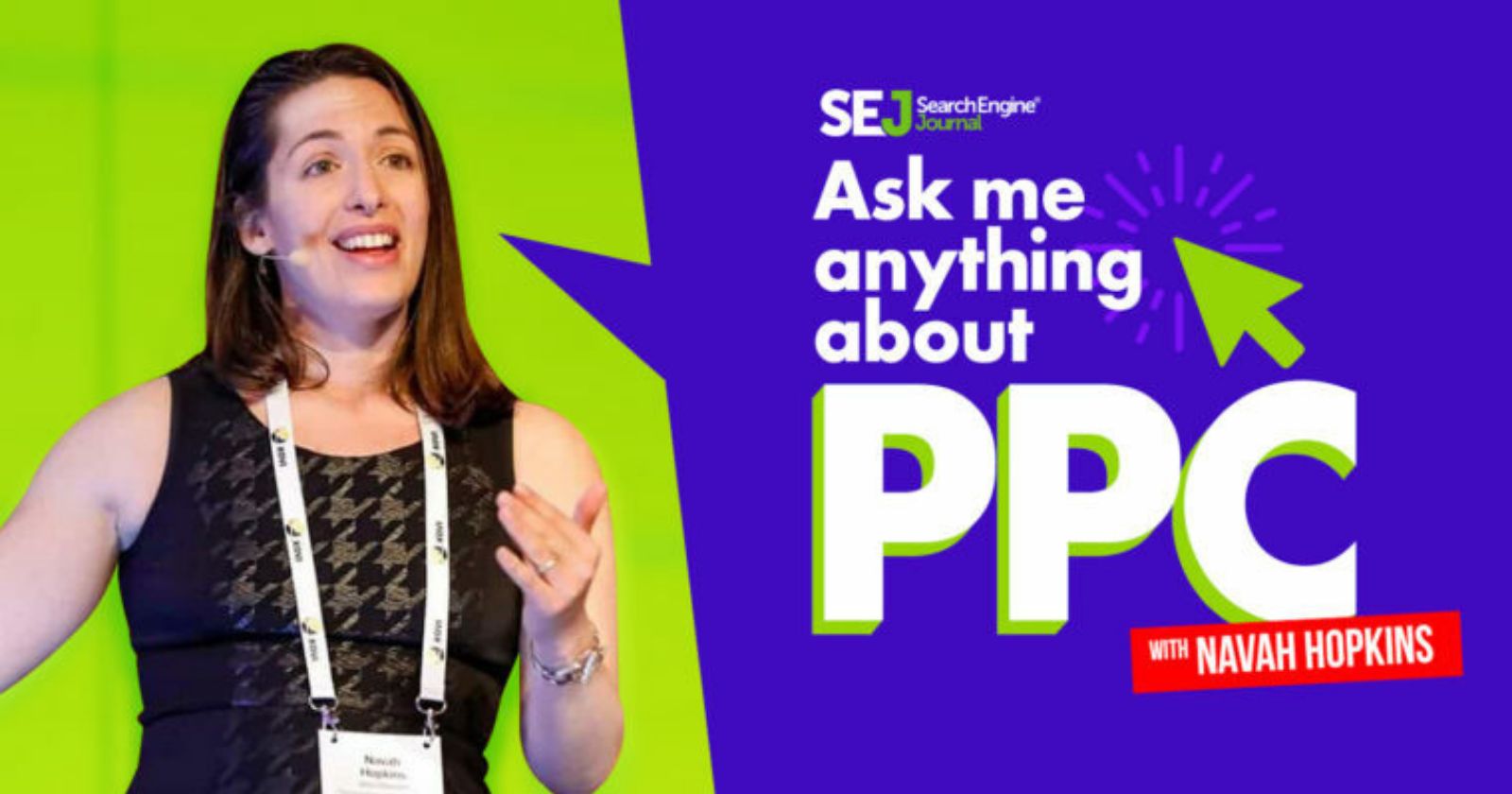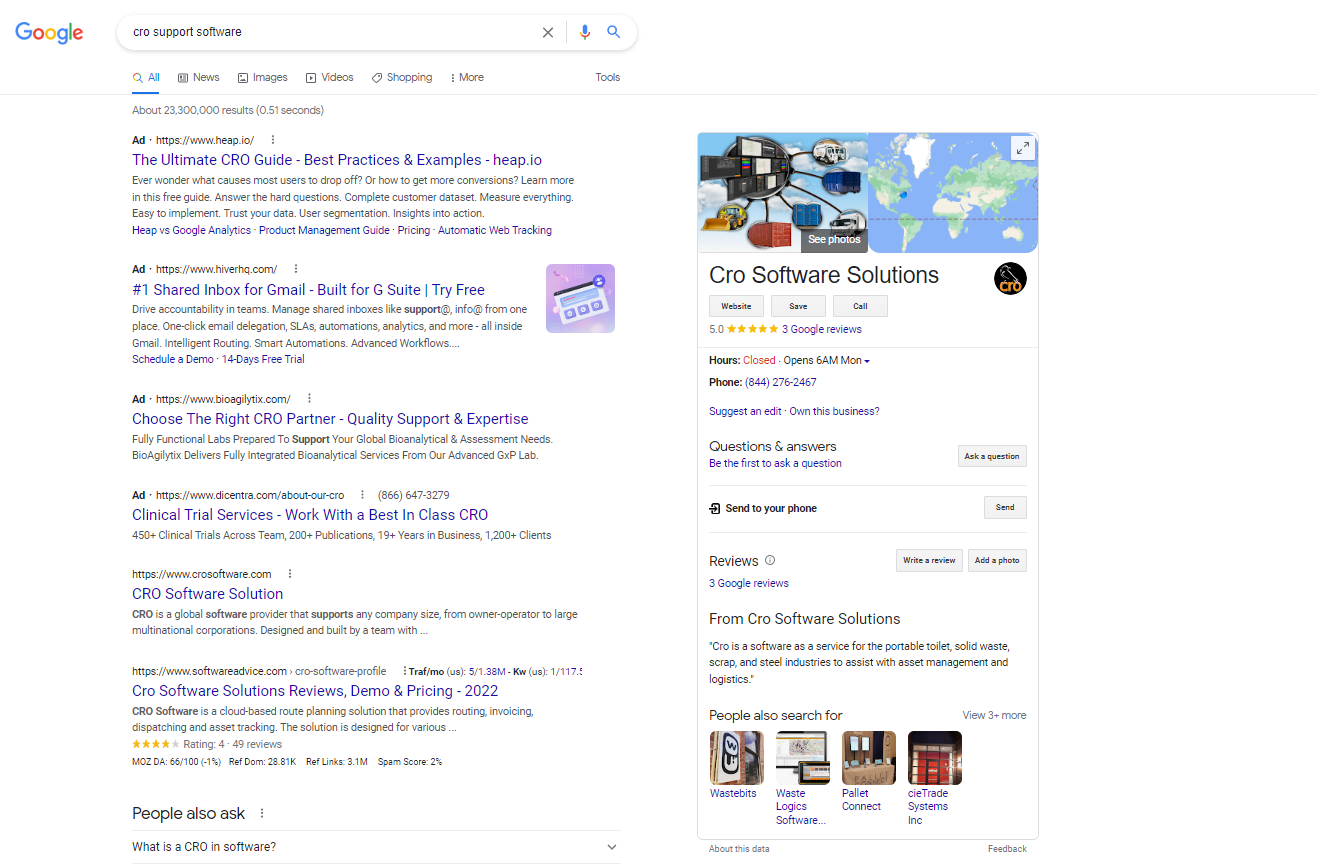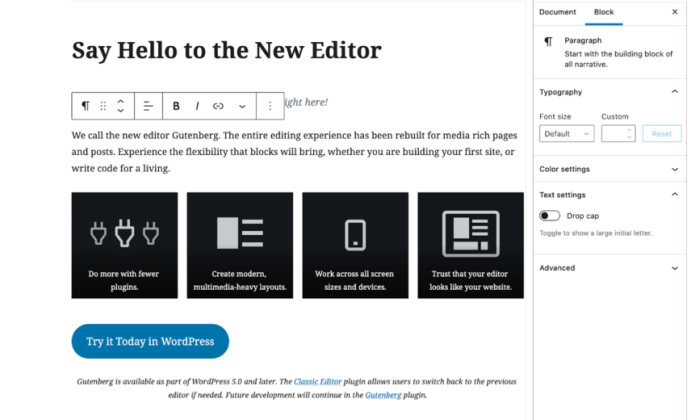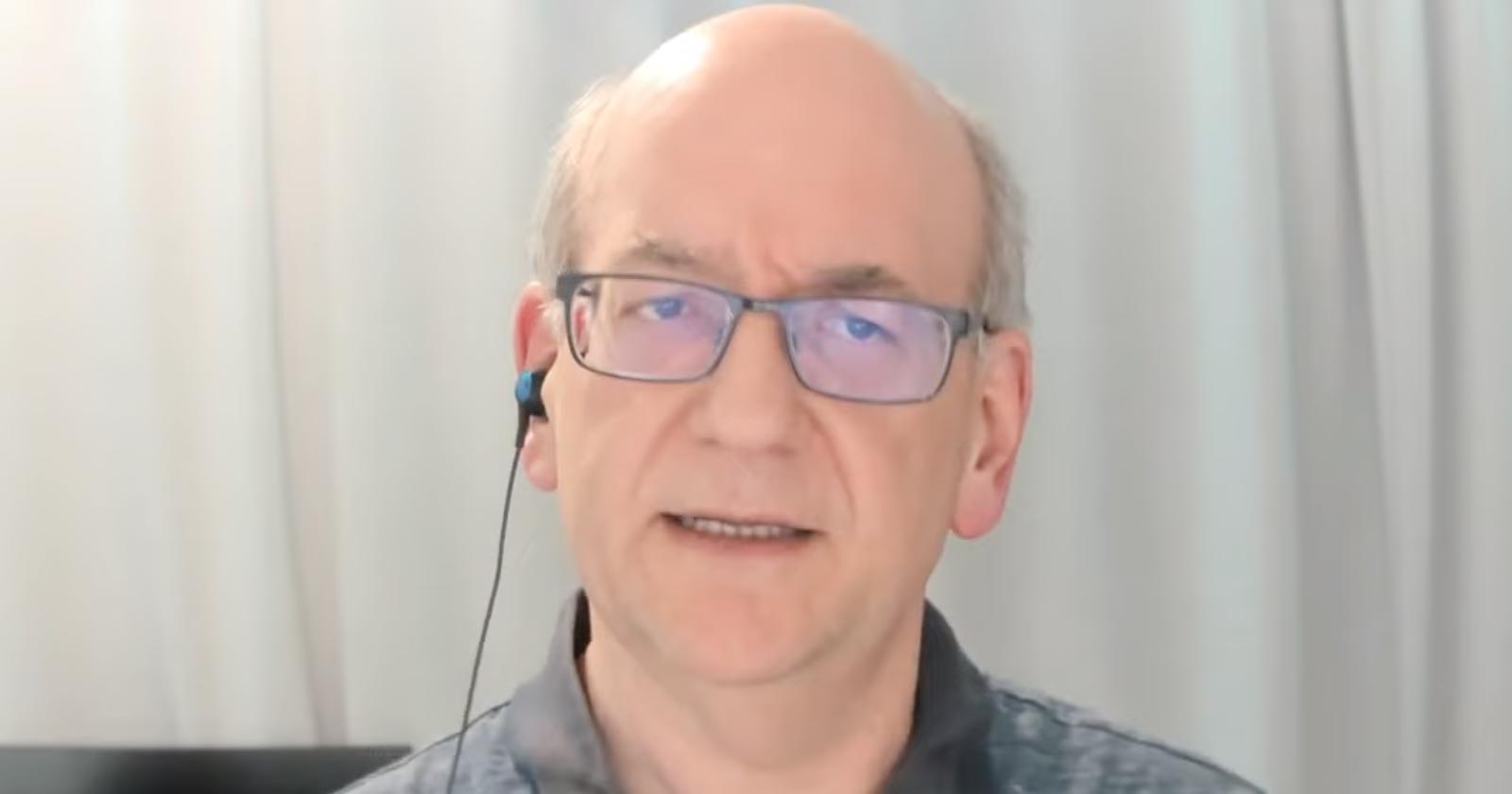Should I Use Broad Or Phrase Match Negative? Ask The PPC via @sejournal, @navahf
Confused about using broad or phrase match negative on multiple platforms? PPC expert Navah Hopkins dives into when it's best to use them. The post Should I Use Broad Or Phrase Match Negative? Ask The PPC appeared first on...

This month, we’re going to explore the subtle differences between broad and phrase match negative.
A really good question came through for Ask The PPC and while we’ve covered negative match types before, this question allows us to think about additional strategic elements we didn’t cover. A reader from Rio de Janeiro asks:
“Hi! Probably a silly question, but what is the difference, if there’s one, of negativating a one-word term with broad or phrase match types?
For example, if i wanna avoid any search term that has a specific word, lets say BLUE. Should I make BLUE negative with broad or phrase match type?
Most examples of negative keywords i saw so far are with compound words, what did not help me a lot. Thank you and keep this amazing work!”
We’ll be diving into:
Strategic benefits of Phrase vs. Broad match negative. When to use single vs. multi-word negatives.Spoiler alert for this post: I picked this question because it sets us up nicely to talk about cross-channel marketing.
If you’re only advertising on one channel (be it Google, Microsoft, Facebook, LinkedIn, or something else), you’re missing the big payout that comes from harnessing the full customer journey.
Strategic Benefits Of Phrase vs. Broad Match Negative
The simple answer to this reader’s question is that there is no difference between a single keyword on broad/phrase match negative (on Google).
If the word is in the query, your ad won’t show.
Both match types require the syntax to match what was typed out to block the traffic.
However, we don’t want to limit ourselves to just Google.
Microsoft Ads does not support broad match negative, so when you go to import your campaigns, you’ll be setting yourself up to do a lot of extra work.
It’s easier to simply add all the negatives on phrase match negative.
All negative match-types require you to account for variants.
This means the only reason to add a keyword on broad match negative is if you need to eliminate queries stemming from a collection of words (two or more).
When To Use Single vs. Multi-Word Negatives
Adding a term as a negative is done for one of two reasons:
Eliminating wasted spend. Directing spend towards its best home.In most cases, a single word negative will be the best path forward for both needs.
However, sometimes an idea can be related to relevant traffic while leaving the door open for waste.
This is when I tend to go for two or three-word negatives.
For example, if I want to drive leads for a software company, I might be tempted to add the term “support” as a negative because I don’t want to pay for existing customers.
However, someone searching for support could also be looking to understand what kind of customer success they can expect.
 Screenshot from search for [cro support software], Google, June 2022
Screenshot from search for [cro support software], Google, June 2022
By adding the “number” idea to the negative, you can ensure you block the intended traffic while leaving the door open for leads who search in unconventional ways.
In this example, you’d add the term “support number” on broad match and phrase so you can block traffic regardless of the order the user enters those terms.
This way you’d still be able to show up for transactional SERPs.
Single word negatives are ideal to ensure ad groups don’t steal from each other.
For example, if you know “software” and “platform” have different auction prices and conversion rates, you might want to bid on both.
Making them single-word negatives in the other’s ad group will protect the budget, as well as ensure you don’t accidentally bid against yourself (since they’re variants of each other).
Final Takeaways
While there is no technical difference between a single word negative on broad/phrase, there are strategic benefits to leaning towards phrase match.
It’s also important to strategically choose single vs. multi-word negatives based on the intent.
Have a question about PPC? Submit via this form or tweet me @navahf with the #AskPPC hashtag. See you next month!
More resources:
Google Phrase Match: Everything You Need to Know Google Execs Share Vision & Strategy For Google Ads PPC 101: A Complete Guide to Pay-Per-Click Marketing BasicsFeatured Image: Paulo Bobita/Search Engine Journal

 Hollif
Hollif 






























